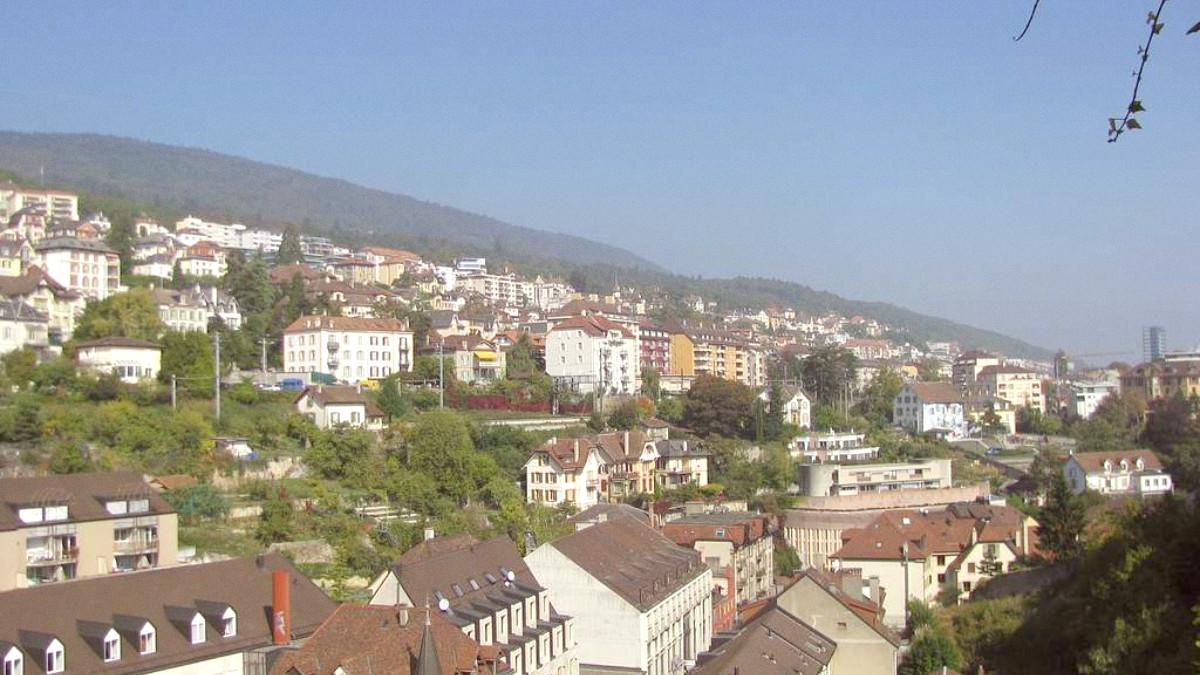
Fribourg Neuchatel And The Jura, Switzerland
This guide helps your journey to a city where history, nature, and innovation meet.
Neuchâtel, a city where the past intertwines with modern advancements, offers diverse experiences.
From ancient castles to cutting-edge technology, your journey here will unveil unique aspects of Swiss culture and natural beauty.
Neuchâtel is the capital city of the Canton of Neuchâtel, situated in western Switzerland. Its position on the northwestern shore of Lake Neuchâtel, the largest lake entirely within Swiss borders, gives the city a lakeside identity.
The Jura Mountains stretch to the north, creating a dramatic backdrop and a natural boundary. To the south lies the expansive lake.
Western Switzerland, on Lake Neuchâtel.
430 meters at lake level, over 1,000 meters in upper districts.
Part of "Fribourg, Neuchâtel and the Jura."
French is the main spoken language due to proximity to France.
Lake activities and Jura mountain exploration.
The canton itself extends into the Val-de-Travers, a valley recognized for its agricultural land and forests, and further into the watchmaking towns of La Chaux-de-Fonds and Le Locle.
The city's layout mirrors its natural surroundings, with the Old Town ascending the hillside towards the castle, and newer developments spreading along the lakefront.
The clear waters of the lake attract visitors for recreational activities, while the nearby Jura Mountains welcome hiking and outdoor pursuits.
This geographical setup shapes the city's climate, activities, and overall atmosphere.
Neuchâtel is a history spanning over a millennium. Its first mention in written records dates to 1011 as "Novum Castellum," or "New Castle," the origin of its name.
This castle stood as a strategic point, allowing various dynasties to rule the principality, including the early Counts of Neuchâtel.
Through inheritances, the territory passed to the House of Orléans-Longueville and later to the House of Hohenzollern, becoming a principality under Prussian rule from 1707 to 1848.
Despite Prussian ties, Neuchâtel simultaneously joined the Swiss Confederacy in 1815, giving it an unique dual status.
The city played a role in Swiss watchmaking, especially through figures like Jacques Droz, known for his intricate Jaquet-Droz automata.
The Neuchâtel Revolution in 1848 altered the city's status. This peaceful overthrow of Prussian rule resulted in a republic, establishing Neuchâtel as a full Swiss canton.
Neuchâtel is a French-speaking city, mirroring its position in western Switzerland.
The city proper has around 45,000 residents, with a greater urban area extending to 160,000 people.
Neuchâtel hosts the University of Neuchâtel, a center for education and research.
Explore the medieval Old Town and the iconic castle.
Enjoy the serene Lake Neuchâtel and the nearby Jura Mountains.
Witness the city's connection to advanced technology and research.